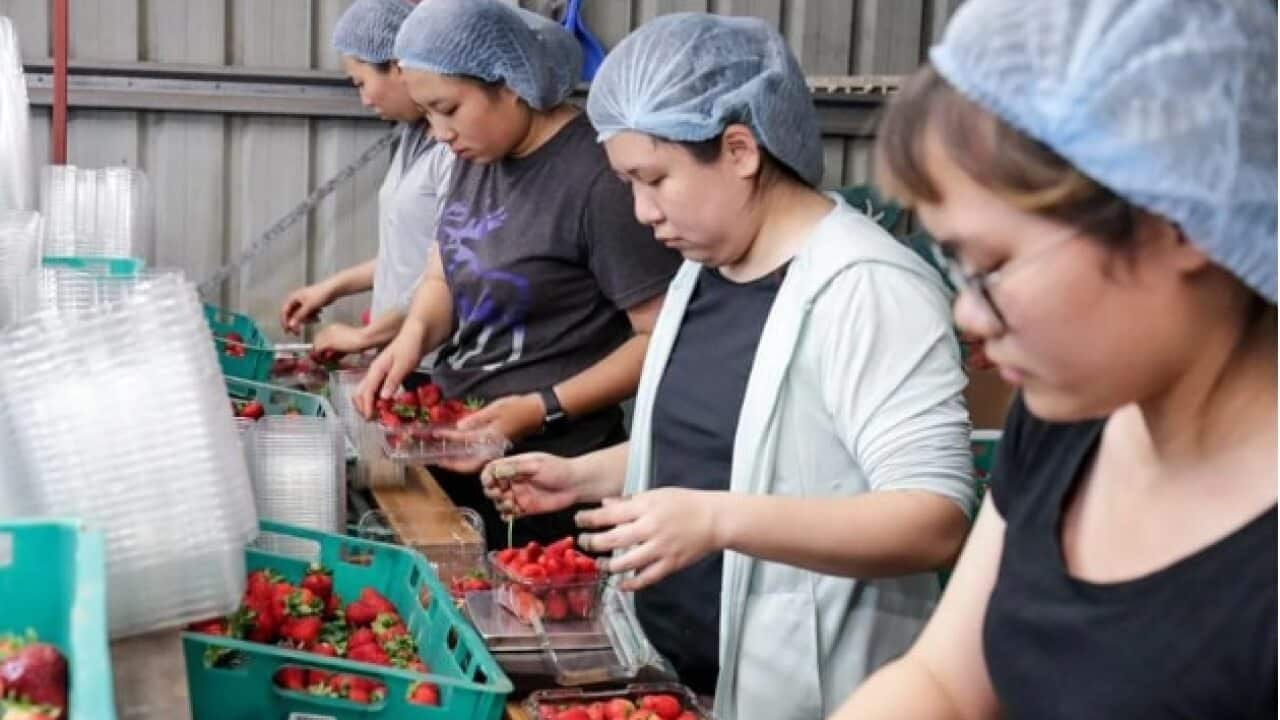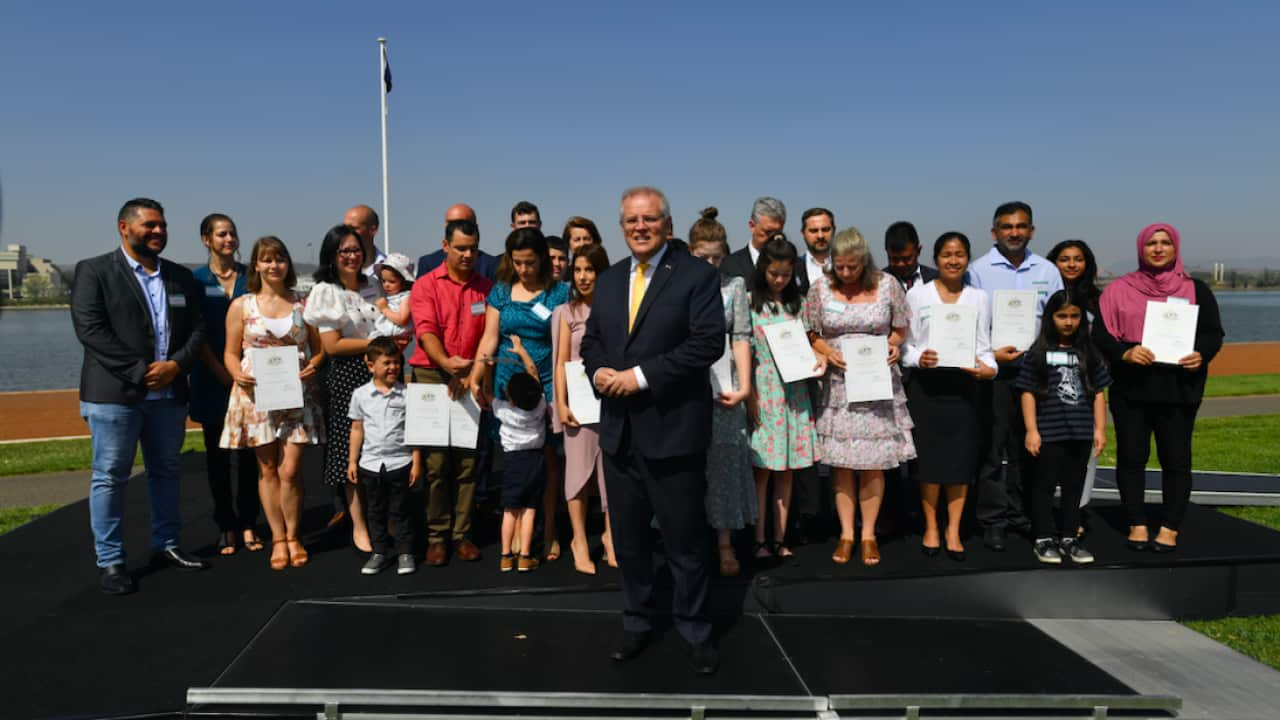Australia's tourism and farming sectors will be severely impacted by steep declines in the backpacker workforce caused by the coronavirus pandemic.
The number of people on working holidays in Australia has dropped from 135,000 to 80,000 when compared with the same time last year, a Senate committee heard on Monday.
The committee was told the drop-off will have significant consequences for tourism and farming sectors, which are typically reliant on backpackers for business and labour.
“A sharp reduction in numbers such as we’ve seen will have a detrimental effect in that respect,” Department of Home Affairs official Michael Willard told the committee.
“It is very hard to say not only when we could get back to a normal situation but also what will attitudes be towards things like working holidays in a post-COVID world.”
Almost 2,000 backpackers trapped in Australia during the coronavirus pandemic have applied for emergency visas under new provisions offered by the government.
Backpackers who work in so-called critical sectors have since April been given the option of applying for the visa to extend their stay.
These sectors include agriculture and food processing, aged and disability care, health and child care.
There have been 1957 applications lodged so far.
It's estimated Australia's ban on international travel will result in an 85 per cent drop in the nation's net migration this financial year.
For others already in Australia, global travel restrictions in their home countries have prevented them from returning to their countries of origin.
The pandemic has created uncertainty for the future of the backpacker program with the federal government hesitant to recommence international travel against the backdrop of ongoing global health challenges.
The National Farmers Federation's Ben Rogers has warned that, even with steps to retain workers, the farming sector is facing a “labour crisis” as backpacker numbers fall.
He said the group is working on a proposal to create a COVID-safe pathway so backpackers from countries with low infection rates can enter Australia.
“The roll-out would have to be cautious but again, with appropriate safeguards, it's hard to imagine what rational objection there could be,” Mr Rogers said.
But Mr Willard downplayed the prospect of travel restrictions being eased to allow the entry of working holiday makers in the short-term.
“At the moment, trying to anticipate a particular date would be fraught - but it is a matter that could be considered,” he said.
"The key element there is (the) when it is safe to do so aspect."
Trapped backpackers who do not work in critical sectors can apply for a separate pandemic visa.
They need to demonstrate they can't meet the requirements for other visa categories and must prove they can't afford application fees.
Earlier this year, the federal government also relaxed visa restrictions in response to the bushfire crisis.
Up to 181 working holiday makers have stayed on to help with bushfire recovery efforts.
With AAP.





